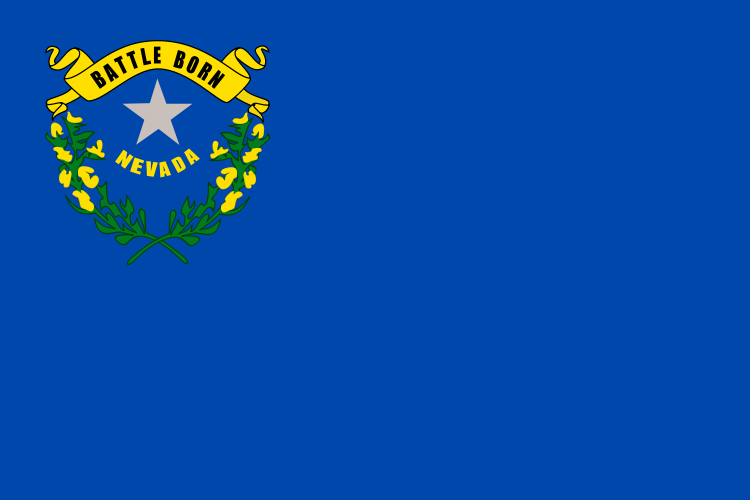Author: Joseph Greaney
-
Boston City Council advances RCV proposal for city elections

On May 14, 2025, the Boston, Massachusetts city council voted 8-4 to approve a home rule petition to adopt ranked-choice voting (RCV) for city elections. The petition needs approval from Mayor Michelle Wu (D), who said she would sign the measure, before it goes to the state legislature for consideration. If passed by the legislature…
-
Montana Gov. Gianforte (R) signs bill banning the use of extreme risk protection orders
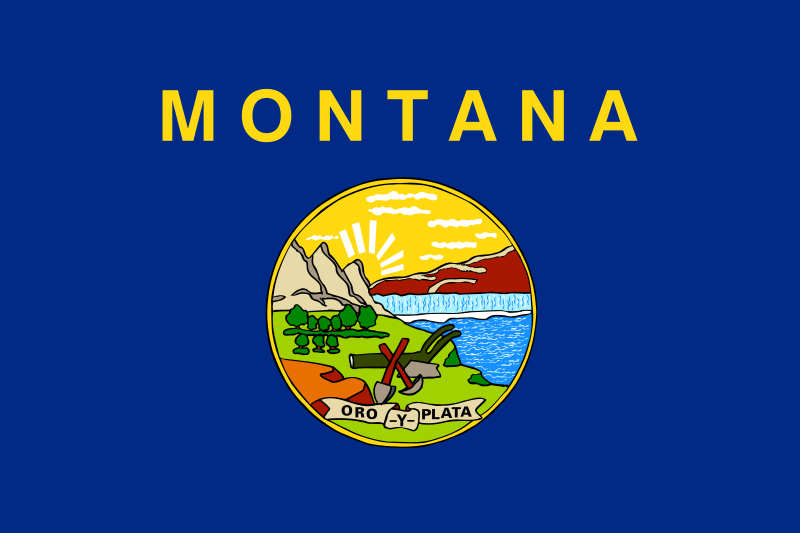
On May 8, Gov. Greg Gianforte (R) signed HB 809 into law, banning local governments in the state from enacting or enforcing extreme risk protection orders (ERPOs). The Republican-sponsored bill passed the legislature largely along party lines, but two Republicans in both the Montana House of Representatives and Montana Senate voted against the bill. With…
-
West Virginia enacts bill aligning municipal election dates
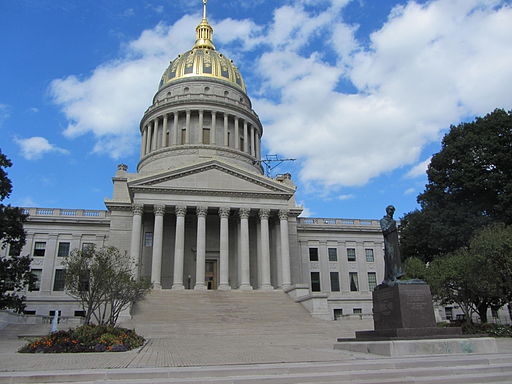
On April 24, 2025, West Virginia Gov. Patrick Morrisey (R) signed SB 50, requiring all local municipal elections to be held concurrently with a regularly scheduled statewide primary or general election by 2032. The Republican-sponsored bill passed the West Virginia Legislature with bipartisan support, including a unanimous vote in the West Virginia Senate. Supporters of…
-
Republican-led election policy bills advance in Kansas legislative session
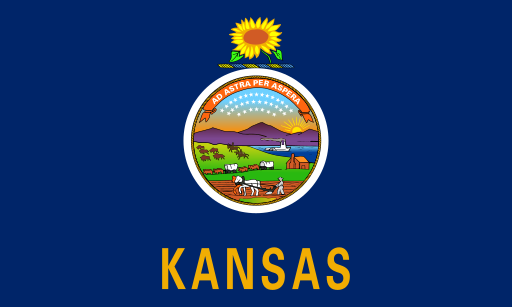
All but two state legislatures are currently convening their regular 2025 legislative sessions. Lawmakers in these states have already introduced more than 2,300 bills related to election administration this year. Among states where lawmakers have advanced election policy bills is Kansas. Kansas has a divided government and is one of two states, along with Kentucky,…
-
Checks and Balances, December 2024
In this edition of Checks and Balances: Federal stories: State stories: Commentary: Regulatory Tally: In Washington President-elect Trump announces Department of Government Efficiency creation What’s the story? President-elect Donald Trump (R) on Nov. 12 announced the creation of the Department of Government Efficiency (DOGE) to advise the Office of Management and Budget (OMB) on cutting…
-
Changes to voting laws and state board of election included in North Carolina veto override

On Dec. 11, 2024, the North Carolina House of Representatives voted to override Gov. Roy Cooper’s (D) veto of S 382. Cooper vetoed the bill on Nov. 26, and the North Carolina Senate voted along partisan lines to override the veto 30-19 on Dec. 2. The 72-46 vote in the House confirmed the override. The bill combines disaster relief funding for communities and businesses…
-
Nebraska Attorney General issues opinion declaring laws restoring voting rights to individuals convicted of a felony unconstitutional
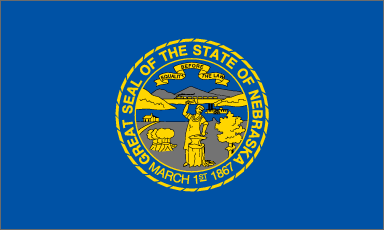
On July 17, 2024, Nebraska Attorney General Mike Hilgers (R) issued a formal opinion that said that only the Nebraska Pardons Board—which consists of the governor, attorney general, and secretary of state—and not the legislature, has the authority to restore voting rights or shorten the waiting period for the restoration of voting rights for individuals…
-
Arizona lawmakers implement a new deadline for certifying results, while Governor Katie Hobbs vetoes other changes
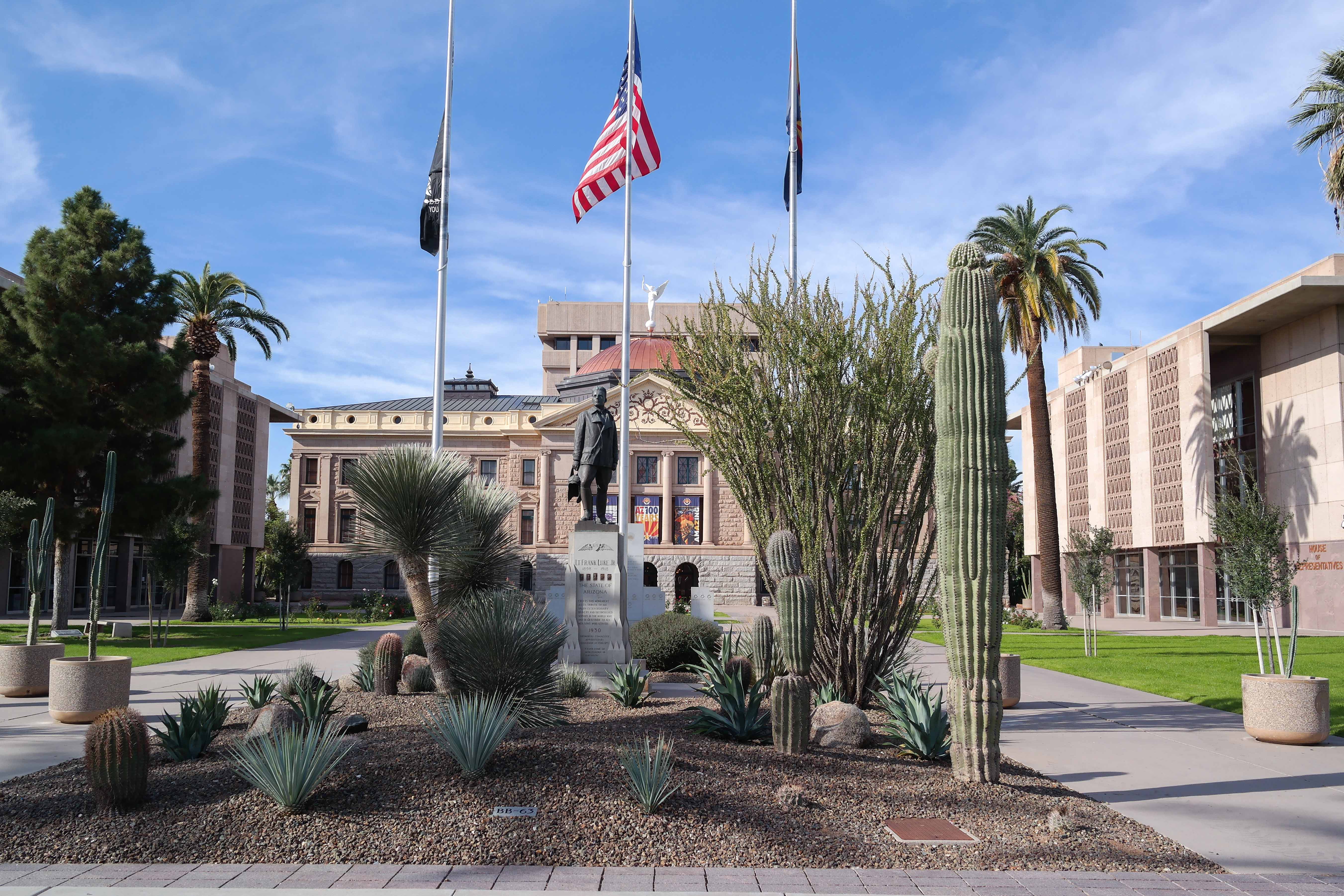
Arizona enacted 10 election-related bills in the first half of 2024, the second most of any state with a divided government. New laws change the deadline for certifying elections, modify rules for hand-counted post-election audits, and add new notification requirements if a voter's registration is changed: HB 2785 moved up the statewide primary date by one week…
-
Republican states adopt more voter list maintenance bills than states with Democratic trifectas and divided governments

Fourteen states adopted new laws related to maintaining accurate voter registration rolls in the first half of 2024. Ten of these bills came from states with Republican trifectas, two from states with Democratic trifectas, and two from states with divided governments. New laws in five states expand data-sharing procedures or create new requirements for reviewing…


